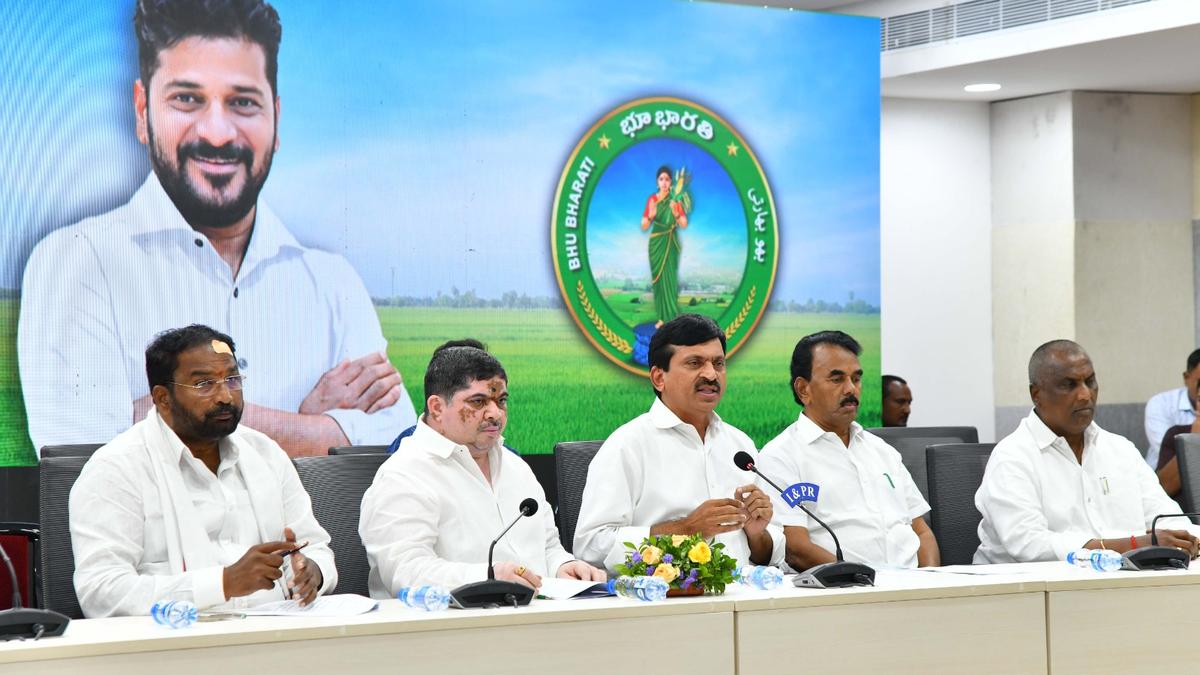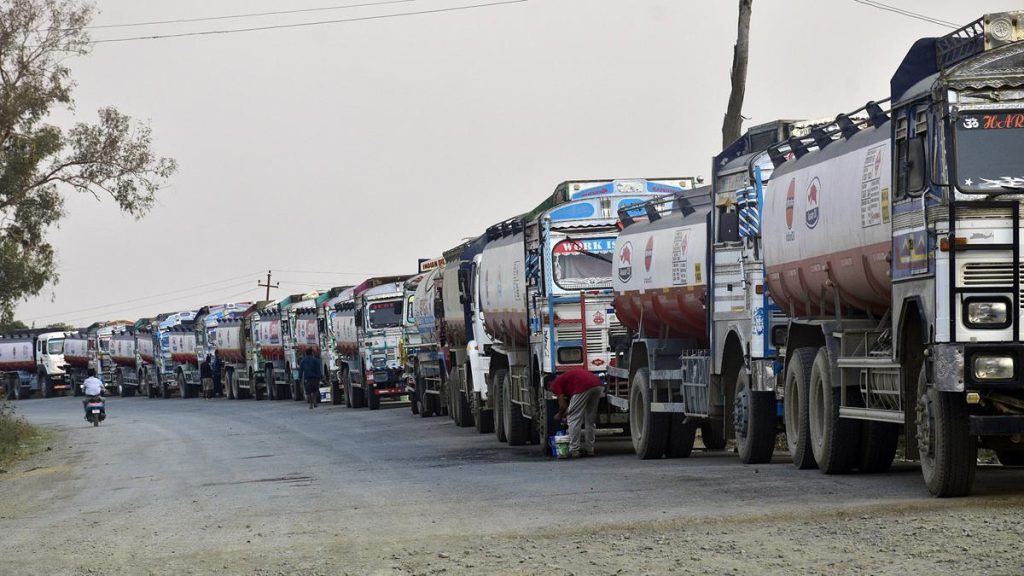Now Reading: Cabinet Clears 42% Quota for Backward Classes in Local Polls
-
01
Cabinet Clears 42% Quota for Backward Classes in Local Polls
Cabinet Clears 42% Quota for Backward Classes in Local Polls

Quick Summary
- 42% Reservations for BCs: Telangana Cabinet approved 42% reservations for Backward Classes (BCs) in upcoming local body elections. This fulfills a pre-poll promise made by the Congress government and follows the Kamareddy BC Declaration in Febuary 2024.
- Legal Framework: The Advocate-General was invited to advise on legal implications. The government cited judgments supporting reservation increases backed by scientific studies with empirical data.
- pending Local elections Deadline: amendment to the Panchayat Raj Act, 2018 will align with mandatory High Court directives for elections within three months.
- Caste Survey Initiative: Findings from Telangana’s Caste Survey shaped the decision; delays caused by Union government queries were noted.
- Job Recruitment Plans: Notifications for 22,033 new jobs will be issued,taking state recruitment up to one lakh jobs before March. Currently, 60,000 posts have been filled.
- New Private universities Approved: Amity University and St. Mary Rehabilitation University received approval with a policy of reserving 50% seats for local students. St. Mary’s aims at skill growth through non-conventional education programs.
- Irrigation Projects Review: Cabinet prioritized completion of irrigation projects where major expenditures are already incurred but returns remain unrealized. Land acquisition processes will be accelerated.
- Animal Husbandry initiatives: Development of modern Goshalas including a model facility at Yadagirigutta announced; approximately ₹82 crores worth of fishlings to bolster rural economy initiatives.
Indian Opinion Analysis
The Telangana government’s move to enhance reservation quotas marks a notable milestone in advancing social justice efforts while targeting improved representation for backward classes in governance structures-an oft-discussed issue nationally but addressed here decisively through empirical data-driven methodologies like the caste Survey findings.
The timing aligns strategically with court-mandated deadlines for local body elections and reflects an intent toward legal robustness amid potential challenges concerning reservation limits as set under Article 243D or judgments restricting total quotas exceeding permissible thresholds without data validation.
Employment reforms coupled with modernized educational strategies signal proactive state governance balancing socio-economic priorities across reservations and general welfare sectors like agriculture and fisheries-a critical step considering resource optimization concerns amid developmental expense bottlenecks seen especially within irrigation projects stagnating post-capital investments earlier mobilized.
as thes policies transition into implementation phases monitored quarterly amongst tangible electoral timelines enforced legally immediate public sentiment surrounding participative inclusion could form effective transformation-plank yet awaiting wider collective improvements scaling statewide devolved democracy metrics fully forward Read more: [Link Placeholder]
























